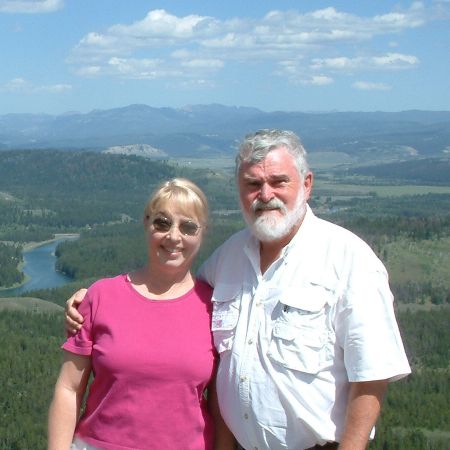Barack Obama is the most antibusiness president in a generation, perhaps in American history. Thanks to him the era of big government is back. Obama runs up taxpayer debt not in the billions but in the trillions. He has expanded the federal government's control over home mortgages, investment banking, health care, autos and energy. The Weekly Standardsummarizes Obama's approach as omnipotence at home, impotence abroad.
Theories abound to explain the President's goals and actions. Critics in the business community--including some Obama voters who now have buyer's remorse--tend to focus on two main themes. The first is that Obama is clueless about business. The second is that Obama is a socialist--not an out-and-out Marxist, but something of a European-style socialist, with a penchant for leveling and government redistribution.These theories aren't wrong so much as they are inadequate. Even if they could account for Obama's domestic policy, they cannot explain his foreign policy. The real problem with Obama is worse--much worse. But we have been blinded to his real agenda because, across the political spectrum, we all seek to fit him into some version of American history. In the process, we ignore Obama's own history.
It may seem incredible to suggest that the anticolonial ideology of Barack Obama Sr. is espoused by his son, the President of the United States. That is what I am saying. From a very young age and through his formative years, Obama learned to see America as a force for global domination and destruction. He came to view America's military as an instrument of neocolonial occupation. He adopted his father's position that capitalism and free markets are code words for economic plunder. Obama grew to perceive the rich as an oppressive class, a kind of neocolonial power within America. In his worldview, profits are a measure of how effectively you have ripped off the rest of society, and America's power in the world is a measure of how selfishly it consumes the globe's resources and how ruthlessly it bullies and dominates the rest of the planet.
Rejecting the socialist formula, Obama has shown no intention to nationalize the investment banks or the health sector. Rather, he seeks to decolonize these institutions, and this means bringing them under the government's leash. That's why Obama retains the right to refuse bailout paybacks--so that he can maintain his control. For Obama, health insurance companies on their own are oppressive racketeers, but once they submitted to federal oversight he was happy to do business with them. He even promised them expanded business as a result of his law forcing every American to buy health insurance.
Obama supports the Ground Zero mosque because to him 9/11 is the event that unleashed the American bogey and pushed us into Iraq and Afghanistan. He views some of the Muslims who are fighting against America abroad as resisters of U.S. imperialism. Certainly that is the way the Lockerbie bomber Abdel Baset al-Megrahi portrayed himself at his trial. Obama's perception of him as an anticolonial resister would explain why he gave tacit approval for this murderer of hundreds of Americans to be released from captivity.
Clearly the anticolonial ideology of Barack Obama Sr. goes a long way to explain the actions and policies of his son in the Oval Office. And we can be doubly sure about his father's influence because those who know Obama well testify to it. His "granny" Sarah Obama (not his real grandmother but one of his grandfather's other wives) told Newsweek, "I look at him and I see all the same things--he has taken everything from his father. The son is realizing everything the father wanted. The dreams of the father are still alive in the son."
In his own writings Obama stresses the centrality of his father not only to his beliefs and values but to his very identity. He calls his memoir "the record of a personal, interior journey--a boy's search for his father and through that search a workable meaning for his life as a black American." And again, "It was into my father's image, the black man, son of Africa, that I'd packed all the attributes I sought in myself." Even though his father was absent for virtually all his life, Obama writes, "My father's voice had nevertheless remained untainted, inspiring, rebuking, granting or withholding approval. You do not work hard enough, Barry. You must help in your people's struggle. Wake up, black man!"
Colonialism today is a dead issue. No one cares about it except the man in the White House. He is the last anticolonial. Emerging market economies such as China, India, Chile and Indonesia have solved the problem of backwardness; they are exploiting their labor advantage and growing much faster than the U.S. If America is going to remain on top, we have to compete in an increasingly tough environment.
But instead of readying us for the challenge, our President is trapped in his father's time machine. Incredibly, the U.S. is being ruled according to the dreams of a Luo tribesman of the 1950s. This philandering, inebriated African socialist, who raged against the world for denying him the realization of his anticolonial ambitions, is now setting the nation's agenda through the reincarnation of his dreams in his son. The son makes it happen, but he candidly admits he is only living out his father's dream. The invisible father provides the inspiration, and the son dutifully gets the job done. America today is governed by a ghost.
Dinesh D'Souza is president of the King's College in New York City

